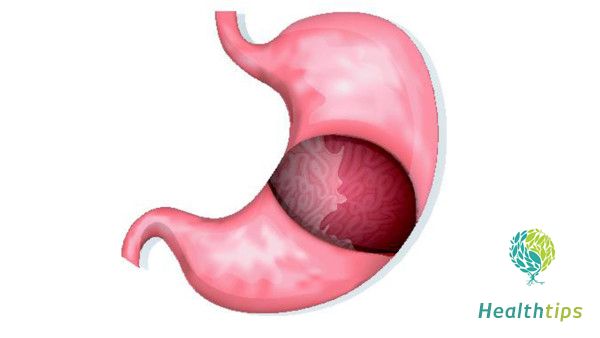Palliative resection and debulking surgery are usually performed on patients with advanced gastric cancer to alleviate symptoms. However, comprehensive anti-tumor treatment such as radiotherapy and chemotherapy is also required after surgery.

1. Palliative resection: For patients who cannot tolerate radical surgery or have severe complications that prevent them from undergoing radical surgery, palliative resection can be considered after thorough evaluation. Palliative resection includes two types: local expanded resection and total gastrectomy. The former is suitable for cases where the lesion is limited to the gastric wall and there is no lymph node metastasis; the latter is suitable for cases with obvious distant metastasis.
2. Debulking surgery: It refers to a method that involves creating multiple incisions around the primary tumor site, separating the intestines and blood vessels in the abdominal cavity, and then completely removing the primary tumor. This method can effectively alleviate patients' pain and abdominal discomfort, while also improving quality of life.
3. Other treatment methods: For example, radiotherapy uses high-energy rays to kill cancer cells to achieve the treatment purpose. Chemotherapy utilizes anticancer drugs to inhibit the growth and reproduction of cancer cells, commonly used drugs include cisplatin injection, paclitaxel injection, etc. Additionally, there are various auxiliary methods such as immunotherapy and targeted therapy, and suitable plans can be selected based on specific conditions.
Due to significant individual differences, it is recommended to seek medical attention promptly and consult with professional doctors to develop the most suitable treatment plan. Maintaining a good mindset is also one of the important factors for recovery.

